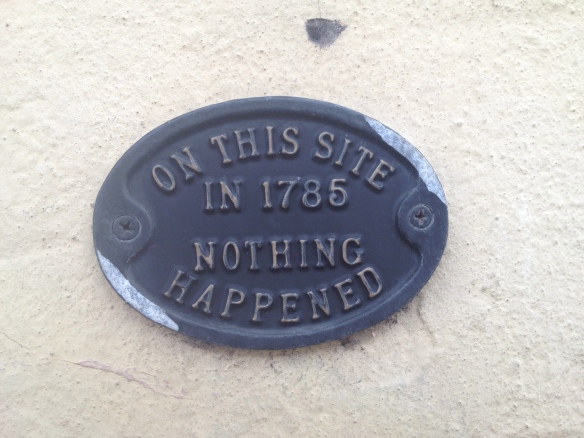Every now and then I come across an article lamenting the fact that technological outlets such as SMSing and tweeting have dumbed down the English language. The author would point to the lack of of proper punctuation and spelling, as well as the inanity of the content. As someone who is a stickler for linguistic accuracy, my first instinct is to agree with that line of thought.
However, there is another interesting perspective. John McWhorter writes in the New York Times:
Keyboard technology, allowing us to produce and receive written communication with unprecedented speed, allows something hitherto unknown to humanity: written conversation. In this sense, they are not “writing” in the sense we are accustomed to. They are fingered speech.
This is a really cool insight. Perhaps we shouldn’t think of our instant messaging communication as “writing” at all. We use shorthands and colloquialisms in speech, and instant messaging/tweeting is basically virtual speech.
Of course, there may in fact be a real problem — especially among school kids and college students these days — of writing longhand and also forming grammatically correct sentences. Perhaps the education system needs to be improved. But blaming it on Textspeak? I’m not buying it.

















